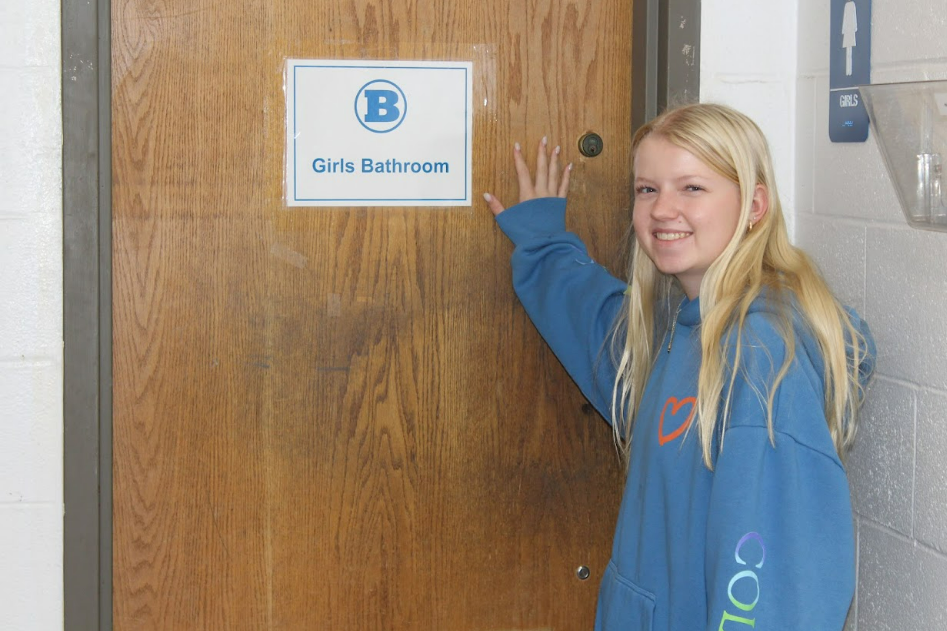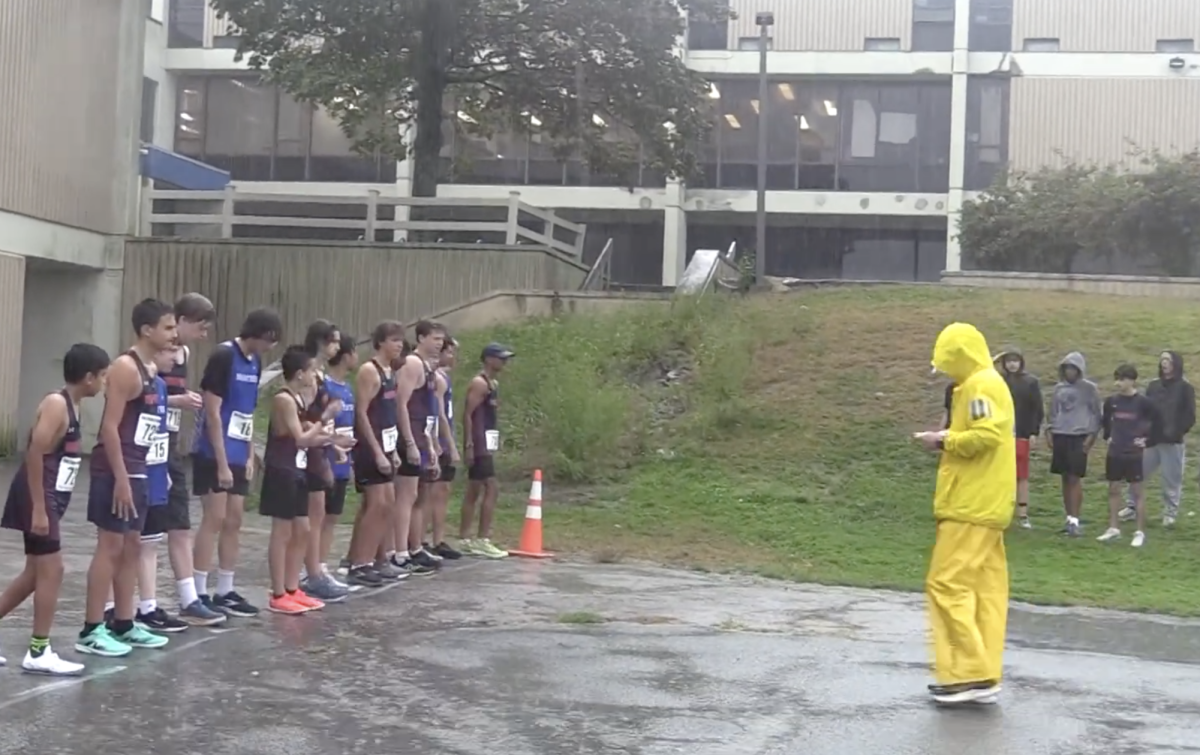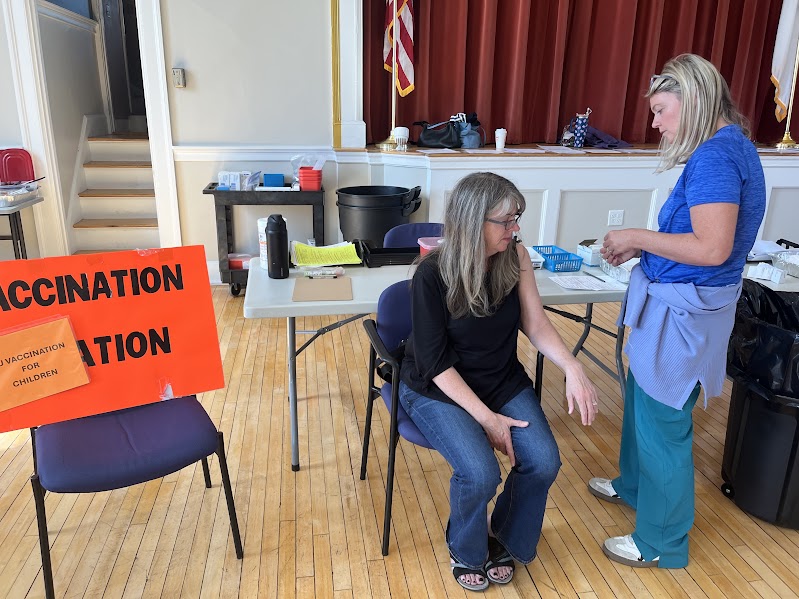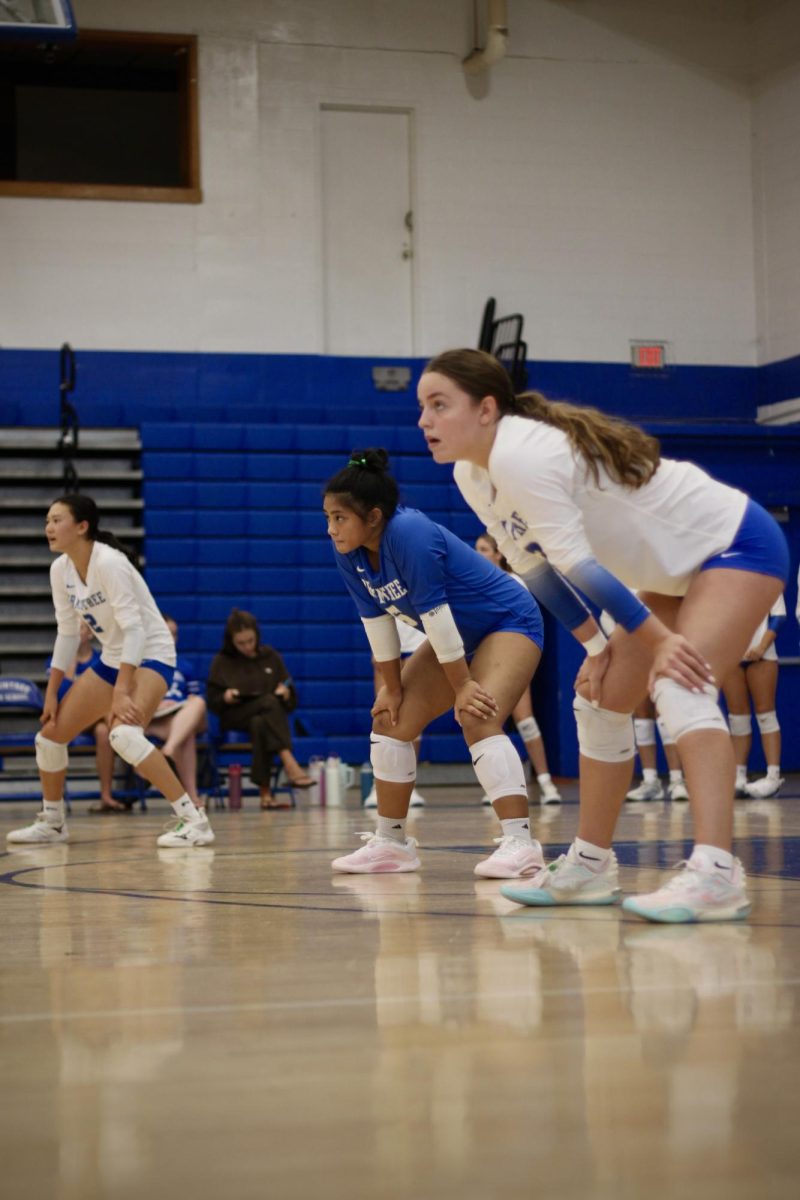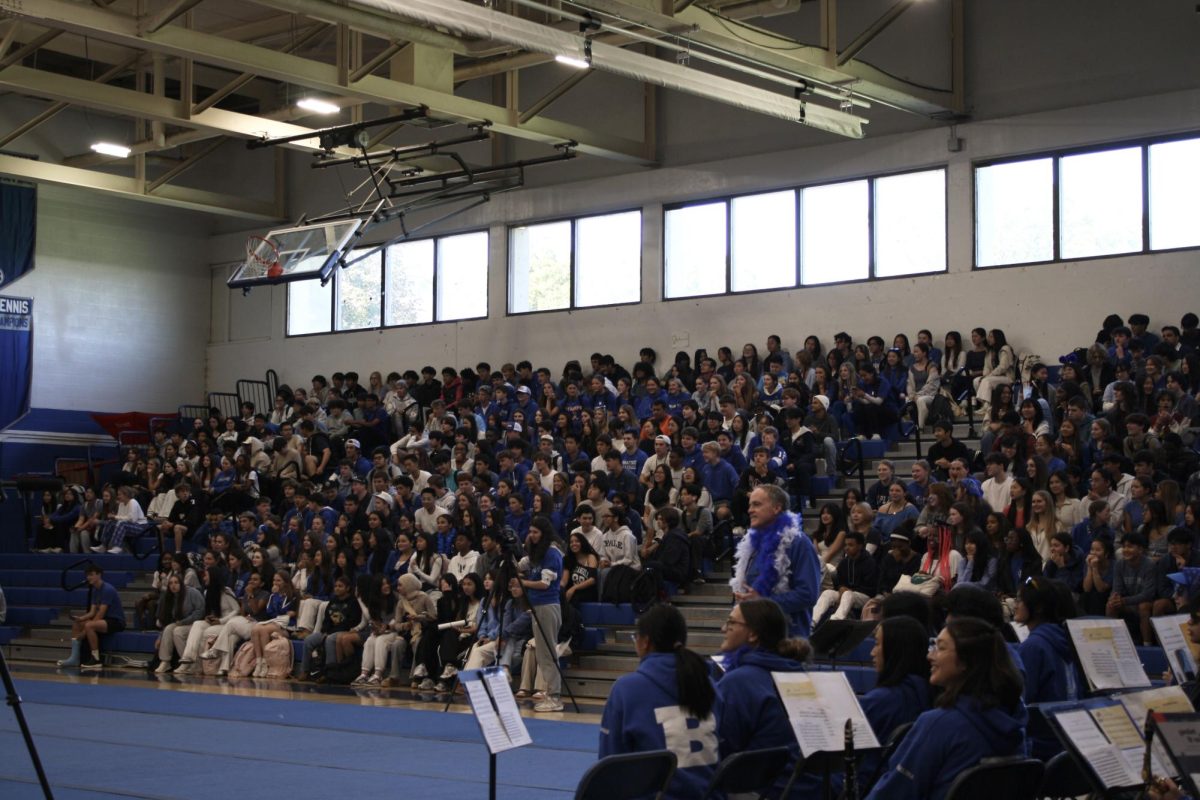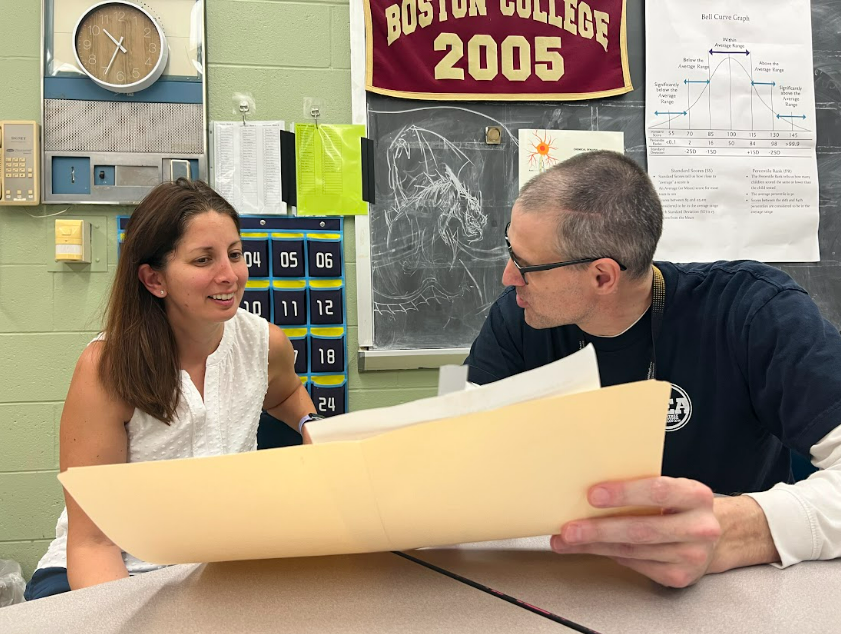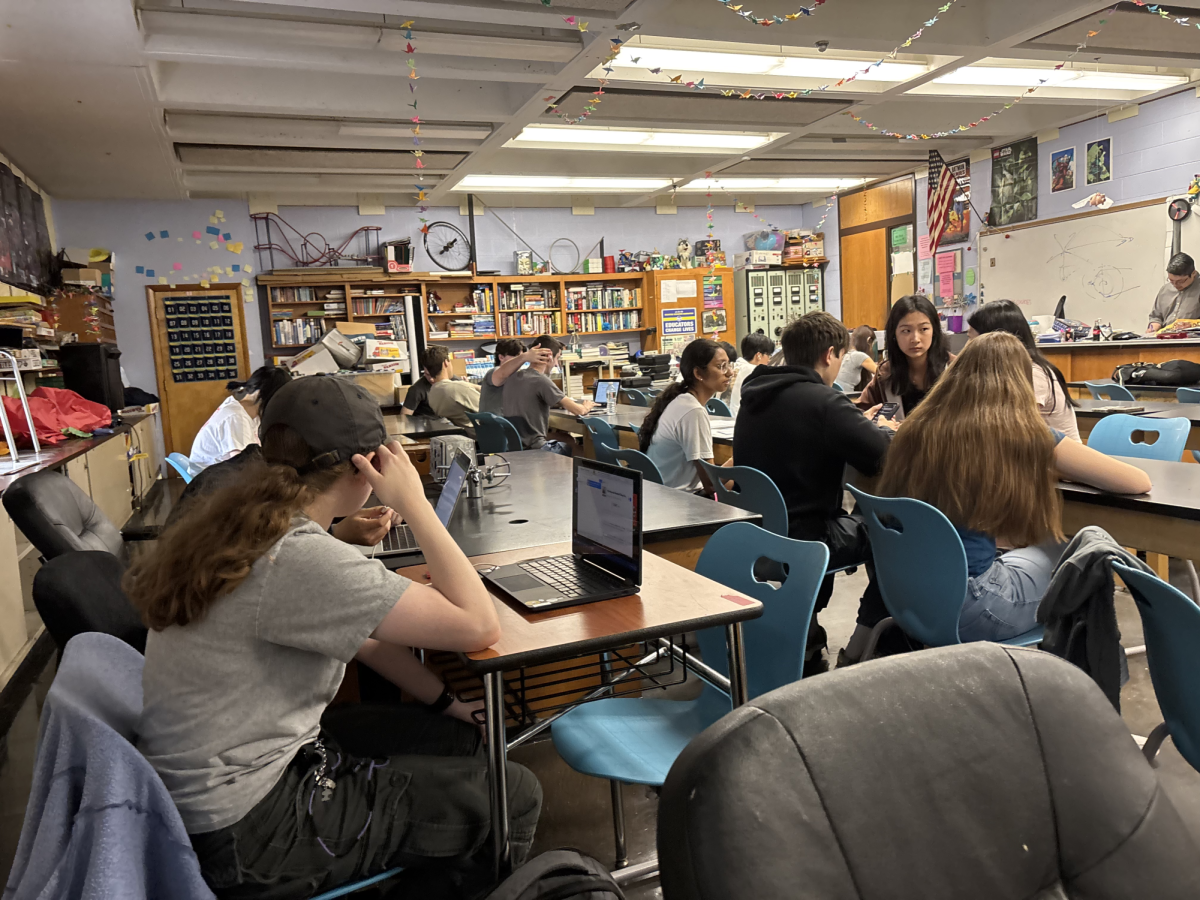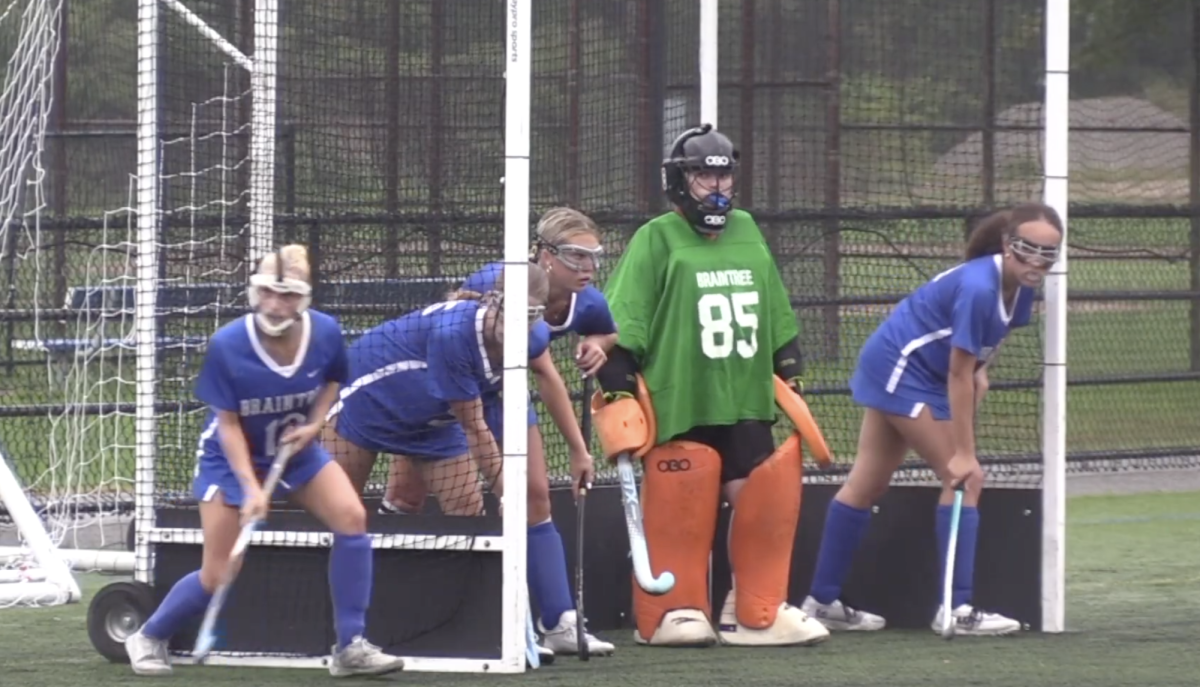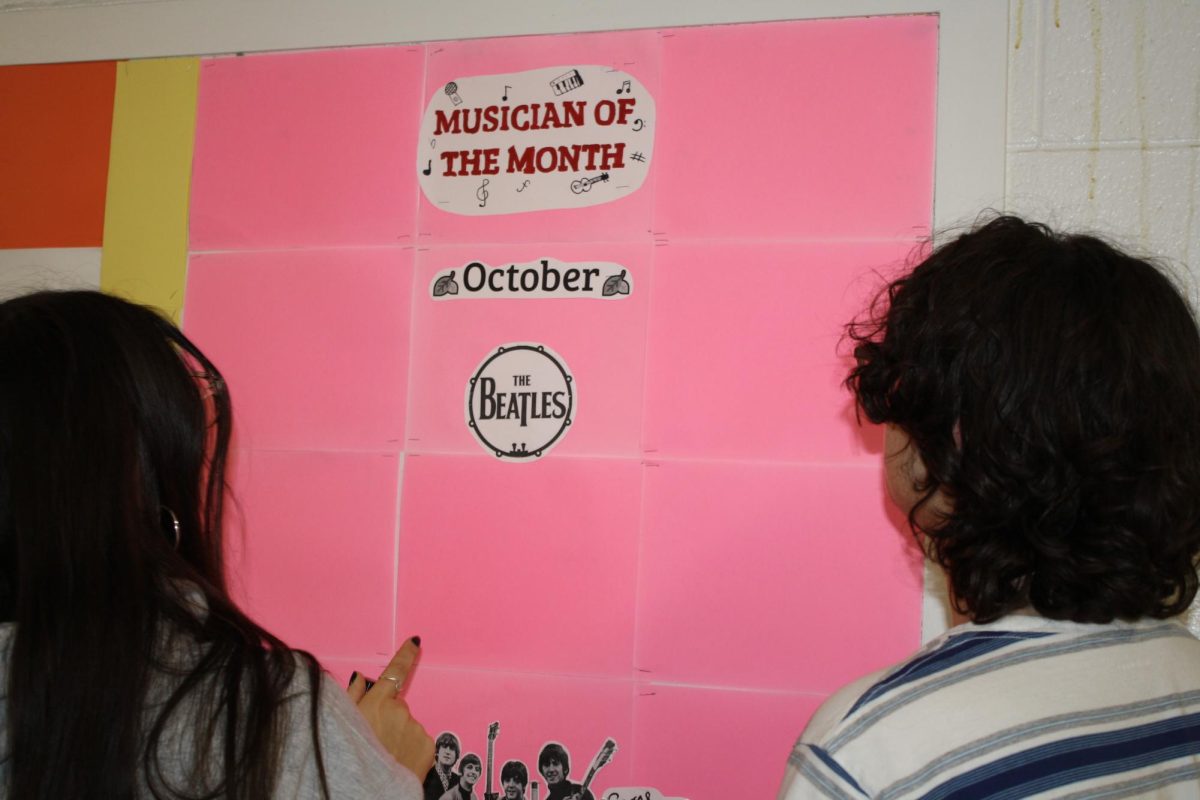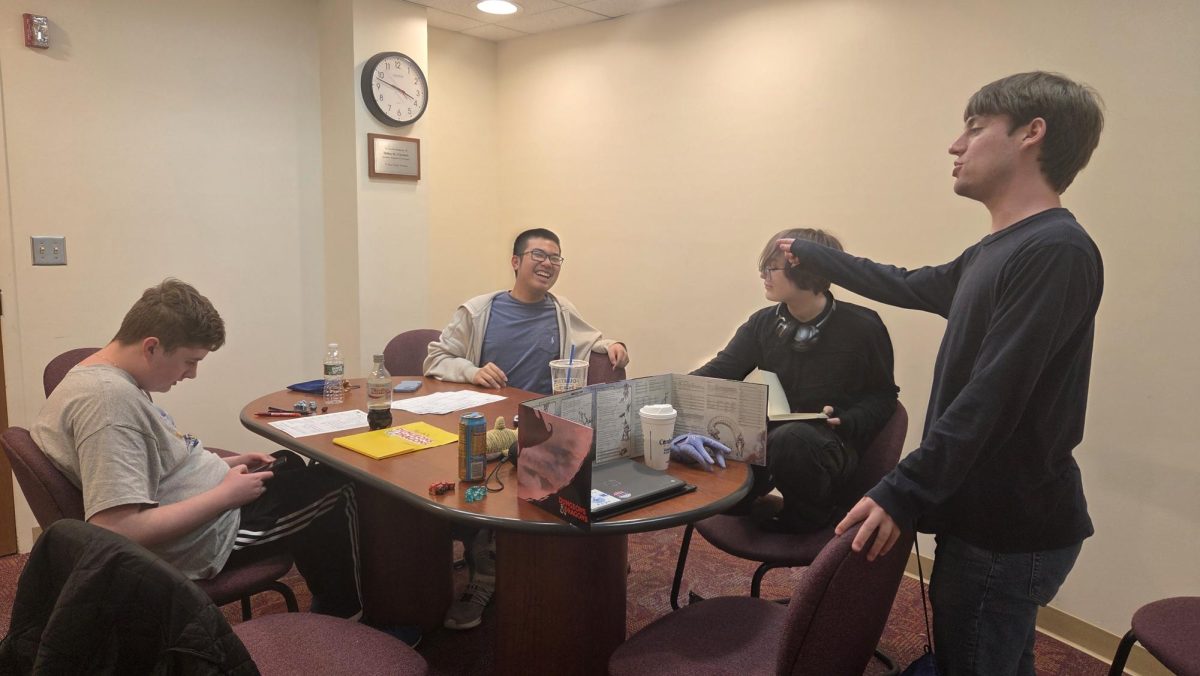On March 14th, 2025, President Trump signed an executive order to reduce the scope of the federal government. As part of this executive order, the Institute of Museum and Library Services (IMLS) has been largely defunded. At Braintree High School, this has impacted the resources the media center is able to provide for the coming school year.
“So, the direct impact, the potential direct impact right now for school libraries; IMLS gives grants to state libraries. And the Massachusetts Board of Library Commissioners in turn gives funds to school and public libraries” says Smith. “So, I don’t directly get a check from IMLS, but we as students and patrons and of the public library, get funding and access to research databases. So, if you’ve done a project here at the high school using the research databases, most of them were paid for by the federal government.”
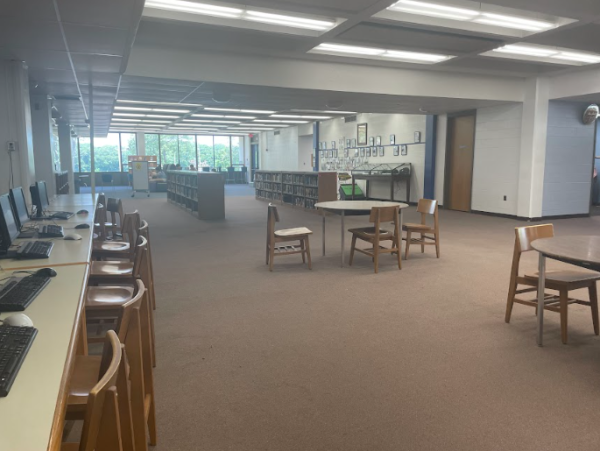
However, due to the budget restraints on IMLS, the fate of these databases in Braintree Public Schools is bleak at best.
“So last week when I looked, the Mass Library Board of Commissioners sent out a list of databases that won’t be funded for the ‘25-’26 school year. Like history in context, global issues in context, the encyclopedia, the Boston Globe archives” Smith states.
While the library could fund the databases themselves, the budget needed for these databases is far out of reach.
“So, my budget historically, I’ve been here 15 years, has been covering $4,000. This year, with the town budgeting crisis, I had a budget of $2,000. And I spent the majority of that budget on the EBSCO research database and Bloom’s literary database” Smith recalls. “I had a call with a Gale Representative, the people who run and give the databases, and each of the databases I want is going to be $1,000. Even if my budget is back to $4,000; I’m not able to afford that.”
While these databases are a tremendous loss for the library, students and the town are suffering from these losses as well.
“Although we could still give a research assignment without the database, one of the main learning goals of the project is to give kids experience with using a research database, something they will undoubtedly need to do in college,” says English Teacher Alissa Wallenstein. “Without access to a main education tool like the database, our kids are going to miss out on a main skill that they will need in the future. Losing access to the main academic research tool, being unable to give kids a chance to learn and practice using the features, that’s like telling me in 2005 that my kids couldn’t use books to do their research papers.”
Smith echoed Wallenstein’s statement.
“For students, I think there’s often adults too, when they want to look up something, they just use Google, and then they have that information and they just start using it. What the databases provide is published materials like books, websites, and those resources and articles have already been checked and verified. By using research databases, it gives kids more credible sources, and I’m afraid that if we don’t have those research databases and verified sources, that student’s projects, and kid’s learning will be diminished” Smith believed.
Other teachers and students agreed with these sentiments, particularly involving the departments of English and History. BHS sophomore Curtis Wu spoke up about how this would affect them in the future.
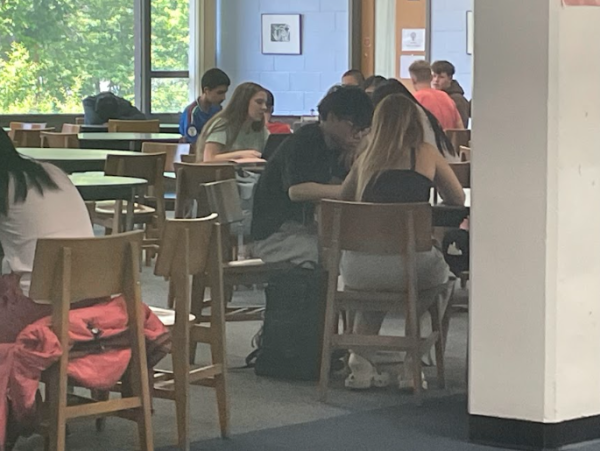
“For my research project, about half of my citations came from other internet sources other than the database,” said Wu, “but it still made things easier while I was doing my research and would be harder without access to it [the database].”
However, this problem isn’t only present in Braintree’s libraries, as other Massachusetts towns such as Hull face similar consequences due to the executive mandate.
“I think that libraries are resilient institutions and librarians are very resourceful. Though the defunding of the IMLS is very unfortunate, I am confident that in time, individual libraries may be able to offer these databases, or ones similar to it, either through State level funding, or for some, using locally approached funds or state aid money” said Hull Library Director Brian DeFelice.
While libraries will ultimately continue to run without these databases, solutions are still sought by many.
“I am working with my Assistant Director to create a webpage for OER Resources. OER stands for ‘Open Educational Resources’ and includes teaching and learning materials that are free to use at no cost to the institution or individual. Users do not need to get copyright permission to use and reuse OER materials, and all information is available under Creative Commons (CC) licenses that waive copyright laws and regulations.” DeFelice stated. “While OER databases have a lot of great material, it may require some additional time, searching, and/or assistance to acquire exactly what you are looking for, so they are not quite as efficient as the databases we are losing. However, we think they could be an adequate substitute to databases that are no longer funded though IMLS.”
Despite these setbacks by the executive mandate, libraries face more than the lack of the databases; they could also lose books as well due to other federal orders.
“I am actually more concerned with what I feel is the growing trend towards anti-DEI or ‘illegal DEI’ measures that have been enacted in places like military libraries. In May of 2025 the Pentagon required military leaders at the Naval Academy Library to remove any books within their military library that deal with Diversity, Equity, and Inclusion, and/or ‘gender ideology,’” DeFelice said. “Though this order has been rescinded, and the removed books were reinstated, it’s a very concerning move that brings up a lot of questions and concerns about the Government’s role in regulating freedom of speech. Could public libraries also be subject to material removal because those in power don’t care for the messages in some of the books? If so, what does that mean for freedom of speech?”
Smith had similar feelings on how these federal powers have affected libraries.
“Libraries might end up closing their doors and only offering online resources, which would be a shame because libraries are more than a place to go and read,” said Smith.


